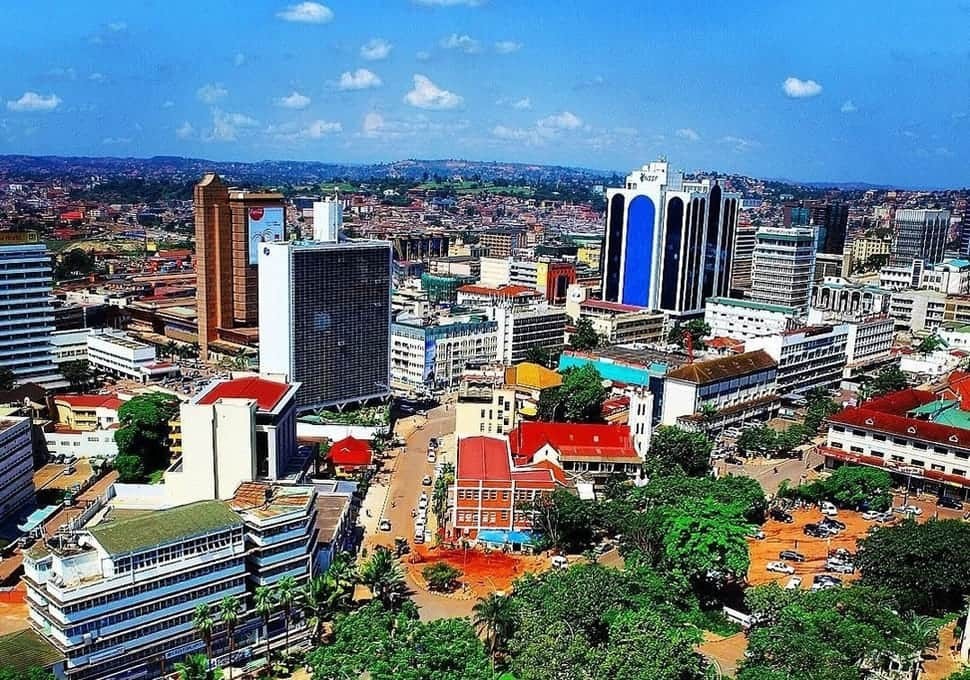
Uganda’s main businesses
Uganda, located in East Africa, has a diverse and growing economy supported by various industries. The country’s business landscape is driven by agriculture, trade, manufacturing, and services. Below are Uganda’s main business sectors:
1. Agriculture
Agriculture is the backbone of Uganda’s economy, employing over 70% of the population and contributing significantly to GDP. Major agricultural products include coffee (the country’s leading export), tea, maize, sugarcane, cotton, and bananas. Livestock farming and fish farming, particularly in Lake Victoria, are also important. The agro-processing industry is growing, with businesses involved in adding value to raw agricultural products.
2. Tourism
Tourism is one of Uganda’s most vibrant industries, earning the country significant foreign exchange. Known as the “Pearl of Africa,” Uganda boasts a rich array of attractions, including the mountain gorillas of Bwindi Impenetrable Forest, Murchison Falls, and the source of the Nile. Businesses in this sector include tour companies, hotels, lodges, and transportation services.
3. Energy and Mining
Uganda’s energy sector is expanding, with hydropower being the dominant source. The discovery of oil in the Albertine Graben has opened opportunities in the oil and gas sector. Additionally, Uganda has abundant mineral resources such as gold, tin, and limestone, attracting local and international mining companies.
4. Manufacturing
The manufacturing sector in Uganda is growing, contributing to industrial development. Key areas include food processing, beverage production, textile manufacturing, and construction materials. Cement, steel, and plastic production are also notable. Small and medium enterprises (SMEs) play a significant role in this sector.
5. Telecommunications and Information Technology
The ICT sector is rapidly expanding in Uganda, driven by mobile technology and internet penetration. Telecommunications companies like MTN, Airtel, and Uganda Telecom dominate the market, offering opportunities in mobile money services, data solutions, and digital innovation.
6. Retail and Trade
Retail businesses are a key component of Uganda’s economy. Markets, supermarkets, and small businesses sell goods ranging from groceries to electronics. Cross-border trade is significant, particularly with neighboring countries such as Kenya, Rwanda, and the Democratic Republic of Congo.
7. Construction and Real Estate
The construction industry has experienced significant growth, driven by infrastructure development projects like roads, bridges, and urban housing. Real estate is also booming, with demand for residential, commercial, and industrial properties.
8. Financial Services
The financial sector is steadily growing, with banks, microfinance institutions, and mobile money platforms playing a central role. Institutions like Stanbic Bank, Centenary Bank, and Equity Bank provide credit, savings, and investment services, fueling entrepreneurship.
9. Transportation and Logistics
The transport sector supports trade and mobility in Uganda. Businesses include road transport companies, boda-bodas (motorbike taxis), and logistics firms that facilitate import and export activities. The development of Entebbe International Airport and railway projects adds to the sector’s growth.
10. Education and Healthcare
Private schools, universities, and health facilities are growing businesses. Education is highly valued in Uganda, leading to increased investment in schools and vocational training centers. The healthcare sector also sees investment in clinics, pharmacies, and medical supplies.
Opportunities and Challenges
Uganda’s business environment is ripe with opportunities due to its young population, improving infrastructure, and strategic location in East Africa. However, challenges such as corruption, limited access to credit, and inadequate infrastructure can hinder business growth.
In summary, Uganda’s economy is driven by agriculture, tourism, manufacturing, and services, with growing opportunities in emerging sectors like energy and ICT. The country’s focus on economic diversification positions it as an attractive destination for investment and entrepreneurship in East Africa.



Leave a Reply